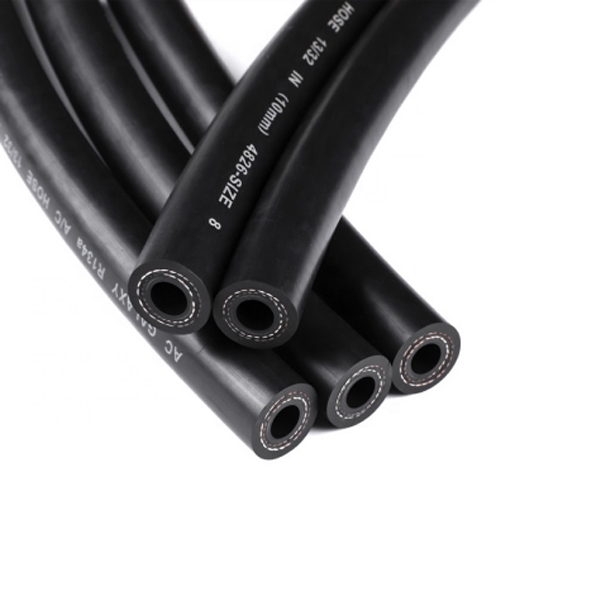oem fuel lines
Sep . 15, 2024 13:21 Back to list
oem fuel lines
Understanding OEM Fuel Lines Importance, Types, and Maintenance
Fuel lines are critical components of any vehicle's fuel delivery system. They transport fuel from the tank to the engine, ensuring optimal performance and efficiency. Among the various types of fuel lines, OEM (Original Equipment Manufacturer) fuel lines stand out due to their quality, specific design, and reliability. In this article, we will explore the importance of OEM fuel lines, the different types available, and how to maintain them for optimal performance.
Importance of OEM Fuel Lines
OEM fuel lines are manufactured to meet the exact specifications set by the vehicle's manufacturer. This means that they are designed to fit perfectly, ensuring a secure connection that minimizes the risk of leaks and failures. Using OEM fuel lines is crucial for several reasons
1. Quality and Reliability OEM parts are subjected to rigorous testing and quality checks. They are made from high-grade materials that are resistant to heat, pressure, and chemical degradation, which is essential for a component that operates in a harsh environment.
2. Perfect Fit OEM fuel lines are designed specifically for a particular make and model of a vehicle. This ensures a seamless fit and optimal function, reducing the chance of installation errors that may occur with aftermarket parts.
3. Compliance with Standards OEM manufacturers adhere to strict regulations and standards, ensuring that their fuel lines meet safety and performance criteria. This compliance is crucial for vehicle safety and longevity.
Types of Fuel Lines
Fuel lines come in various types, depending on their application and the vehicle's design. The most common types include
1. Hard Lines These are made from metal and are often utilized in the fuel delivery system. Hard lines are durable and resistant to damage, making them ideal for high-pressure applications.
oem fuel lines

2. Flexible Hoses Typically made from rubber or reinforced plastic, flexible fuel hoses are used in areas where movement is required or space is limited. They can easily accommodate the vibrations and flexing of a vehicle’s parts.
3. Fuel Injection Lines These lines are specifically designed for fuel-injected engines and are built to withstand higher pressures compared to standard fuel lines. They play a crucial role in delivering fuel at the right pressure and volume to the engine.
Maintenance of Fuel Lines
Proper maintenance of fuel lines is essential to ensure the longevity and efficiency of a vehicle's fuel system. Here are a few key maintenance tips
1. Regular Inspections Regularly check for signs of wear, leaks, or corrosion. Pay close attention to the connections, as these are common points for leaks.
2. Keep Away from Heat Sources Fuel lines should be kept away from extreme heat sources that can degrade the materials over time.
3. Replace Worn Out Parts If you notice any signs of damage or wear on the fuel lines, it is important to replace them promptly, preferably with OEM parts to maintain quality.
4. Fuel Type Awareness Use the correct type of fuel as specified by the manufacturer. Using poor-quality fuel can lead to build-up and damage over time.
In conclusion, OEM fuel lines play a vital role in the functionality and safety of a vehicle's fuel system. Understanding their importance, types, and maintenance requirements can help vehicle owners ensure that their engines run smoothly and efficiently for years to come. Always prioritize OEM parts for reliability—your vehicle will thank you for it.
